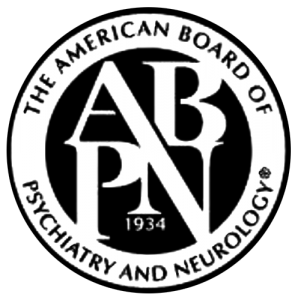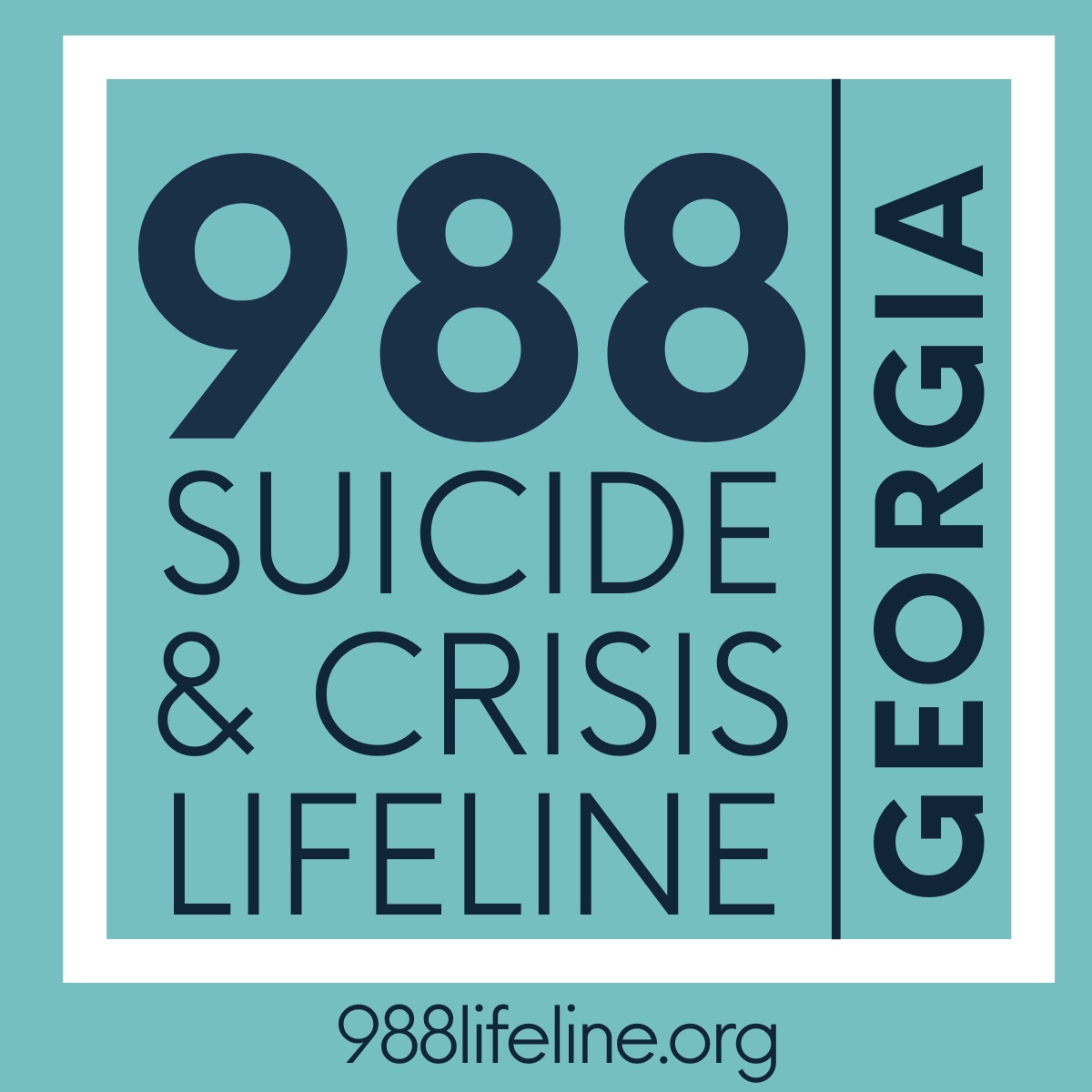ANXIETY DISORDERS
Finding the right help
What is anxiety disorders?
People who suffer from anxiety disorders experience sustained worries that interrupt their daily lives. Professionals diagnose people with anxiety, when they display these symptoms for about six months and have anxiety more days than not during that time.
Symptoms excessive anxiety and worry, occurring more days than not for the last six months.
Generalized Anxiety Disorder, GAD, is an anxiety disorder characterized by chronic anxiety, exaggerated worry and tension, even when there is little or nothing to provoke it.
Obsessive-Compulsive Disorder, OCD, is an anxiety disorder and is characterized by recurrent, unwanted thoughts (obsessions) and/or repetitive behaviors (compulsions). Repetitive behaviors such as hand washing, counting, checking, or cleaning are often performed with the hope of preventing obsessive thoughts or making them go away. Performing these so-called “rituals,” however, provides only temporary relief, and not performing them markedly increases anxiety.
Panic disorder is an anxiety disorder and is characterized by unexpected and repeated episodes of intense fear accompanied by physical symptoms that may include chest pain, heart palpitations, shortness of breath, dizziness, or abdominal distress.
Post-Traumatic Stress Disorder, PTSD, is an anxiety disorder that can develop after exposure to a terrifying event or ordeal in which grave physical harm occurred or was threatened. Traumatic events that may trigger PTSD include violent personal assaults, natural or human-caused disasters, accidents, or military combat.
Social Phobia, or Social Anxiety Disorder, is an anxiety disorder characterized by overwhelming anxiety and excessive self-consciousness in everyday social situations. Social phobia can be limited to only one type of situation – such as a fear of speaking in formal or informal situations, or eating or drinking in front of others – or, in its most severe form, may be so broad that a person experiences symptom almost anytime they are around other people.
Emotional / Mental Symptoms
- Excessive worry, racing thoughts, or feeling unable to “turn off” your mind
- Feeling tense, nervous, or “on edge”
- Irritability or restlessness
- Trouble concentrating or focusing
- Anticipating the worst or feeling a sense of impending doom
Physical Symptoms
- Rapid heartbeat or palpitations
- Shortness of breath or chest tightness
- Sweating, trembling, or shaking
- Headaches, dizziness, or lightheadedness
- Stomach upset, nausea, or diarrhea
- Muscle tension or aches
- Trouble falling or staying asleep
Behavioral Symptoms
- Avoiding situations that trigger anxiety
- Difficulty completing daily tasks
- Needing reassurance often
- Procrastination or being unable to make decisions
Atlanta Location
750 Hammond Drive
Building 14, Suite 100
Atlanta, Georgia 30328
Phone: 678-615-7032
Fax: 678-281-0592
Alpharetta Location
11539 Park Woods Circle,
Suite 603, Alpharetta, Georgia 30005
Phone: 678-615-7032
Fax: 678-281-0592
BOARD CERTIFIED by the American Board of Psychiatry and Neurology

Young Minds Psychiatry serves the following areas among others:
Atlanta, Dunwoody, Johns Creek, Decatur, Alpharetta, Marietta, Roswell, East Cobb, Sandy Springs

